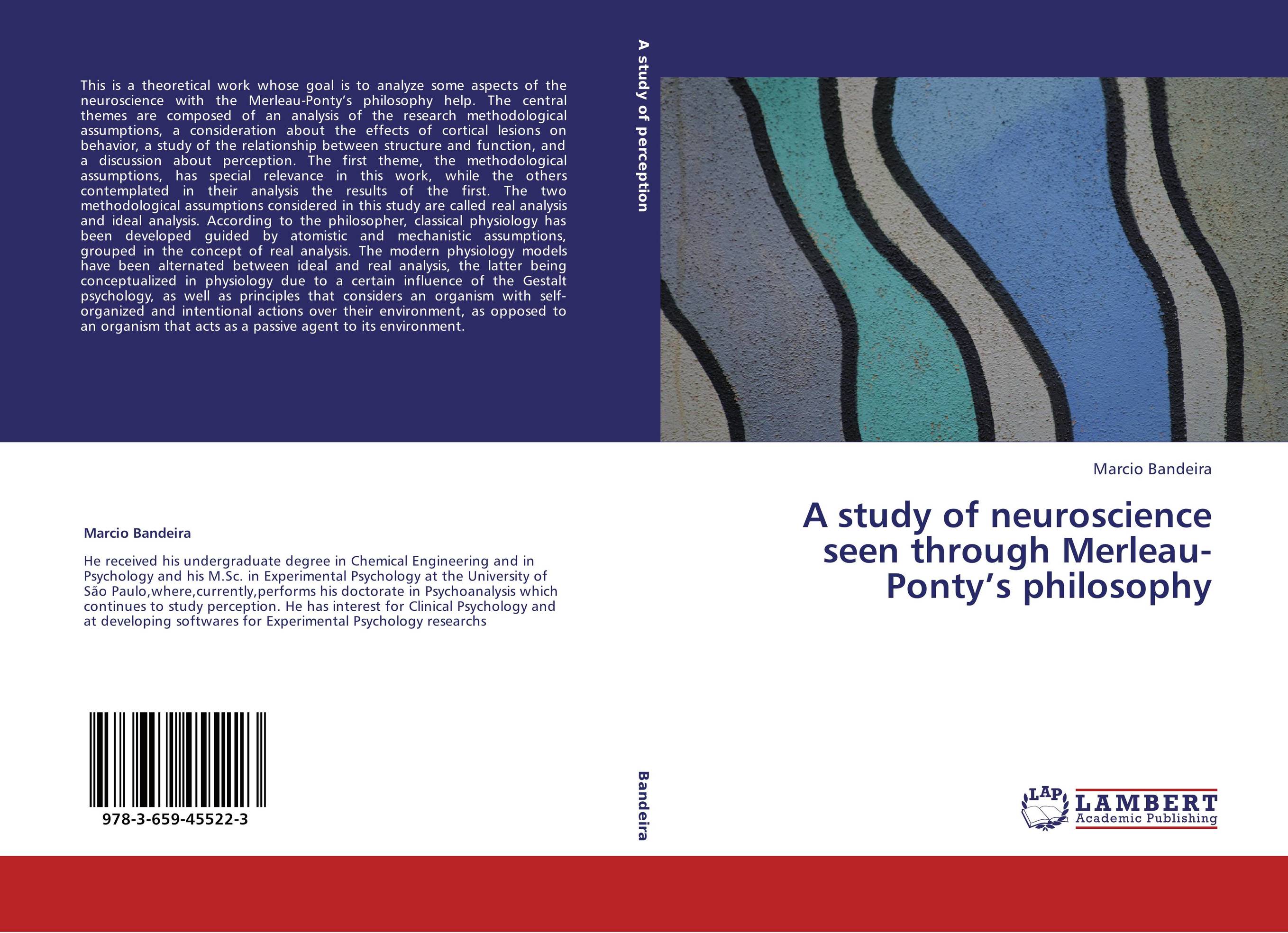| Поиск по каталогу |
|
(строгое соответствие)
|
- Профессиональная
- Научно-популярная
- Художественная
- Публицистика
- Детская
- Искусство
- Хобби, семья, дом
- Спорт
- Путеводители
- Блокноты, тетради, открытки
A study of neuroscience seen through Merleau-Ponty’s philosophy.

В наличии
| Местонахождение: Алматы | Состояние экземпляра: новый |

Бумажная
версия
версия
Автор: Marcio Bandeira
ISBN: 9783659455223
Год издания: 2013
Формат книги: 60×90/16 (145×215 мм)
Количество страниц: 128
Издательство: LAP LAMBERT Academic Publishing
Цена: 32883 тг
Положить в корзину
| Способы доставки в город Алматы * комплектация (срок до отгрузки) не более 2 рабочих дней |
| Самовывоз из города Алматы (пункты самовывоза партнёра CDEK) |
| Курьерская доставка CDEK из города Москва |
| Доставка Почтой России из города Москва |
Аннотация: This is a theoretical work whose goal is to analyze some aspects of the neuroscience with the Merleau-Ponty’s philosophy help. The central themes are composed of an analysis of the research methodological assumptions, a consideration about the effects of cortical lesions on behavior, a study of the relationship between structure and function, and a discussion about perception. The first theme, the methodological assumptions, has special relevance in this work, while the others contemplated in their analysis the results of the first. The two methodological assumptions considered in this study are called real analysis and ideal analysis. According to the philosopher, classical physiology has been developed guided by atomistic and mechanistic assumptions, grouped in the concept of real analysis. The modern physiology models have been alternated between ideal and real analysis, the latter being conceptualized in physiology due to a certain influence of the Gestalt psychology, as well as principles that considers an organism with self-organized and intentional actions over their environment, as opposed to an organism that acts as a passive agent to its environment.
Ключевые слова: Phenomenology, Neurosciences, nervous system, Behavior



